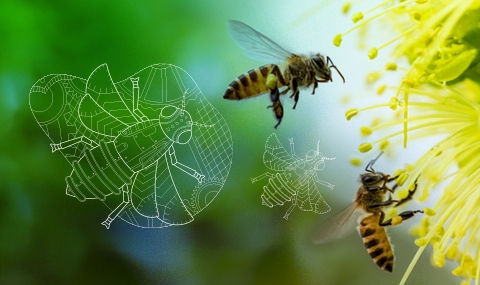One major goal of this project is to solve the question of “How much detail is enough?” In the educational world, with its limited time and overwhelming amounts of information, elucidating which conceptual ideas are most central for developing a mechanistic understanding in biology and how to teach these ideas are complex but important tasks.
The context of this study is ‘cancer as a complex biological phenomenon’. Today, the tremendous amount of information available about cancer includes unreliable information, and overly complex medical information that may confuse the general public. Hence, one of our goals as educators is to provide students with knowledge that will assist them in using new information in ways that can help them make informed everyday decisions. However, it is not clear what basic understanding students should have. One of our goals in this project is to map the knowledge resources needed for providing this basic understanding. For this purpose, we are developing a long-term intervention for 10th-grade students in collaboration with the Moross Integrated Cancer Center (MICC) at the Weizmann Institute of Science. This program will provide students with knowledge about the mechanisms underlying the phenomenon of cancer. We will then analyze this program’s learning processes and outcomes. This will help us understand which conceptual ideas are most central for understanding complex phenomena such as cancer.


